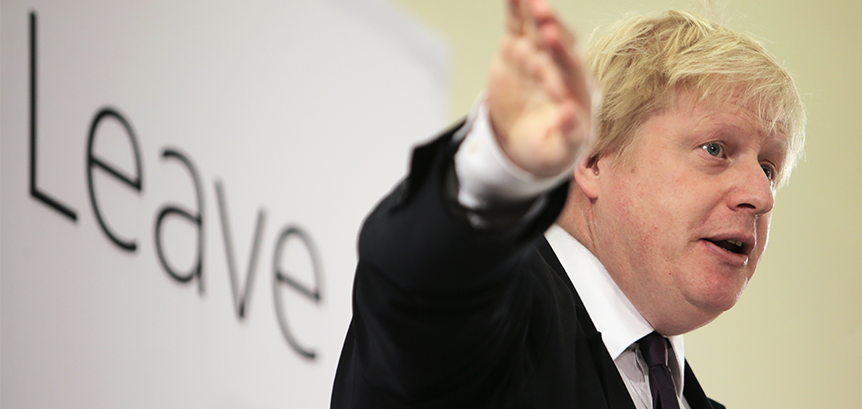
Posted on: December 11th, 2019

And of course, Brexit is not the only conflict that is big in the news: there’s the UK General Election, Trump’s Impeachment, trouble brewing over NATO, and more.
As we approach the end of 2019 with all of these conflicts left unresolved, I just wanted to stop and think about the quality of debate that we have become so used to now: the ways that diplomats, politicians, even heads of state are all conducting themselves and managing their negotiations, and what a mediator would have to say about all of that.
To a large extent, the current standard of political debate is the opposite of what we try to engender in mediation, and I want to try and illustrate why.
First, there is a current trend to try and reduce complex arguments to simplified binary choices: for/against, remain/leave, tory/labour, impeach/don’t impeach. What this tends to lead to is greater polarisation of people’s views: those who were marginally in favour of a particular position end up becoming absolutely in favour of it, to a point of completely rejecting any reason from the ‘other’ side.
Mediators, of course, would set out to explore people’s underlying motivations & interests, giving rise to the possibility of win-win instead of a win-lose as would be inevitable in such a binary debate.
Secondly, it has becoming increasingly the case that the big debates involve scant regard for the truth. There is blatant gaslighting, repetition of arguments & claims that have been proven to be untrue, and wild exaggeration of figures and statistics.
Conversely, good faith participation would be a key building block to any mediated settlement: people having their own genuinely felt reasons to collaborate rather than to compete, and only to advance arguments that they believe to be true.

And thirdly, there has become a tendency for people in these hot debates to try and inflate the merits of their own positions by not just deflating the other side’s arguments, but by viciously attacking the credibility or standing of the people on the other side. Obviously, this has always gone on, but I fear that lately we have stooped to a new low in terms of personalised, vitriolic attacks on one’s opponents, as opposed to people just taking apart their opponents’ views.
As part of the set-up of mediation, we would get people’s agreement to refrain from personal attacks, and certainly from these kinds of persecutory behaviours. We want to get people to put their heads together to find a solution, not to bang them together and see who drops down first.
So, it would be easy, and actually quite naïve, to say that all that these debates need is a mediator. I think we are beyond that.
We know that the two sides in the Brexit/election/impeachment debate need to thoroughly listen to each other and thereby create new insights. They don’t want to and they most certainly are not going to.
We know that a modicum of person-to-person empathy in each of these debates would help each side to build better understanding of the other. But it is in their interests, especially in terms of how they present themselves to their own factional supporters, to say that actually they do understand the other, but that they profoundly disagree with them.
And we also know that a search for a win-win, a place of mutual gain that arises from identifying common ground, would ultimately result in a better outcome for all. But right now, the highly polarised sides in these debates do not want to seek or occupy common ground. They want to show their supporters that they are dogmatic, resolute, and entirely opposed to their opponents’ position: after all, in the current climate, that is how they garner, strengthen, and hold onto their all-important popular support.
So, while I have no wish to end the year on a low note, I do despair at the poor quality of current political debate, not just in the UK but worldwide. I really hope that things turn around soon so that we can witness leaders and elected representatives who are guided more by their moral compasses than by populism, and who can give greater consideration to a long-term favourable outcome for all, rather than to their own personal power, reputation and standing. With or without mediators, it is people’s intentions and underlying motivations that give rise to peace, equity, tolerance, and rationality, and these are directions in which I would love to see us headed in 2020 and beyond.
Oh, and £28.87 is how much it costs to fund a place for a homeless person at a Crisis at Christmas event: somewhere that people down on their luck can get a warm-up, a good meal, and some company over Christmas. Please spare a thought as I wish you a happy and peaceful New Year.